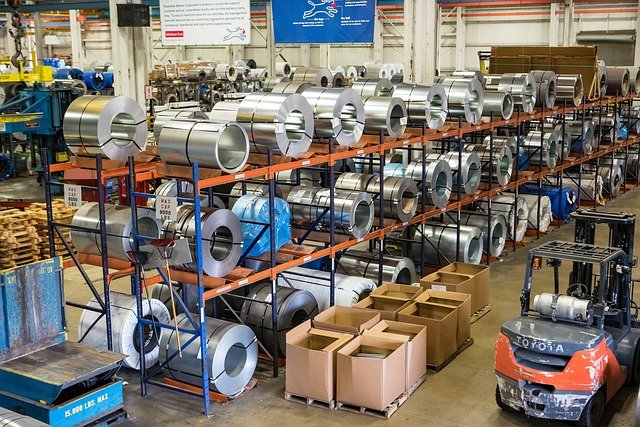Forklift Company Jobs in the UK: A Growing Sector
The forklift industry in the UK represents a significant employment sector, with warehouse operations, logistics companies, and manufacturing facilities requiring skilled operators across the country. As e-commerce continues to expand and supply chain demands increase, forklift operations have become essential to keeping goods moving efficiently through distribution networks. Understanding the current landscape of forklift employment can help job seekers identify opportunities and prepare for roles in this expanding field.

Why Forklift Companies Are Hiring in the UK
The surge in forklift operator positions stems from several economic factors affecting the UK market. E-commerce growth has created unprecedented demand for warehouse workers, with online retailers requiring round-the-clock operations to meet delivery expectations. Brexit-related supply chain adjustments have also prompted companies to expand their domestic storage and distribution capabilities, increasing the need for qualified forklift operators.
Manufacturing resilience initiatives have led many companies to invest in automated warehousing systems that still require human oversight and operation. Additionally, the ageing workforce in traditional industries has created natural turnover, opening positions for new operators. Seasonal peaks in retail, particularly during holiday periods, consistently drive temporary and permanent hiring across logistics networks.
Skills That Employers Value
Forklift employers prioritise specific competencies beyond basic machine operation. Safety awareness ranks highest among desired qualities, as workplace accidents can result in significant costs and regulatory issues. Operators must demonstrate understanding of load handling principles, pedestrian safety protocols, and equipment maintenance procedures.
Technical skills include proficiency with various forklift types, from counterbalance trucks to reach trucks and order pickers. Many employers value experience with warehouse management systems and inventory tracking technology. Physical stamina and coordination are essential, as operators often work long shifts in demanding environments.
Soft skills such as attention to detail, time management, and communication abilities distinguish candidates in competitive hiring situations. Problem-solving capabilities help operators handle unexpected situations, while teamwork skills ensure smooth coordination with warehouse staff and supervisors.
Typical Duties of Forklift Drivers
Forklift operators perform varied responsibilities depending on their work environment and industry sector. Primary duties include loading and unloading delivery vehicles, moving materials between storage areas, and organising inventory according to company systems. Operators regularly inspect equipment before shifts, checking fluid levels, tire conditions, and safety features.
Documentation tasks form a significant portion of daily responsibilities, with operators recording moved quantities, noting damage or discrepancies, and updating inventory systems. Many positions require collaboration with quality control teams to ensure proper handling of sensitive or regulated materials.
Maintenance duties extend beyond basic inspections to include battery charging for electric forklifts, cleaning equipment, and reporting mechanical issues to supervisors. In smaller operations, drivers may assist with general warehouse tasks such as packaging, labeling, or customer order preparation during slower periods.
| Position Level | Typical Hourly Rate | Annual Salary Range |
|---|---|---|
| Entry Level Operator | £9.50 - £11.50 | £19,000 - £23,000 |
| Experienced Operator | £11.50 - £14.00 | £23,000 - £28,000 |
| Senior/Specialist Operator | £14.00 - £17.00 | £28,000 - £34,000 |
Salary ranges vary significantly based on location, with operators in London and the South East typically earning higher wages to reflect increased living costs. Night shift and weekend work often include premium pay rates, while overtime opportunities can substantially increase annual earnings.
Prices, rates, or cost estimates mentioned in this article are based on the latest available information but may change over time. Independent research is advised before making financial decisions.
The forklift employment sector continues evolving as technology advances and industry demands shift. While automation affects some traditional roles, the need for skilled human operators remains strong across most warehouse and manufacturing environments. Job seekers entering this field can expect steady employment opportunities, particularly those willing to develop specialised skills and maintain current safety certifications. The combination of practical skills training, safety consciousness, and adaptability to new technologies positions forklift operators well for long-term career development in the expanding logistics industry.




